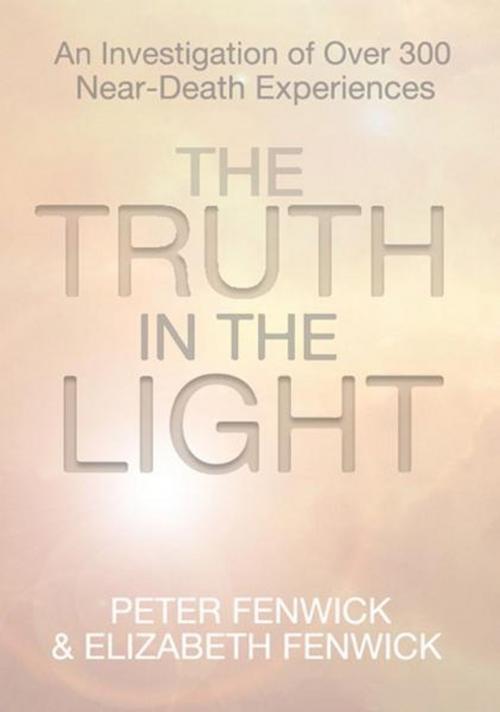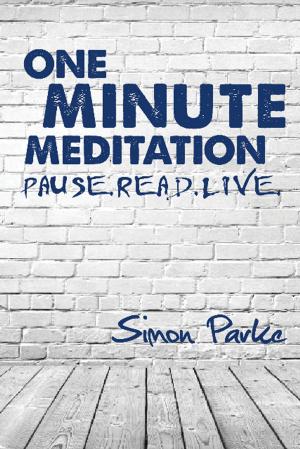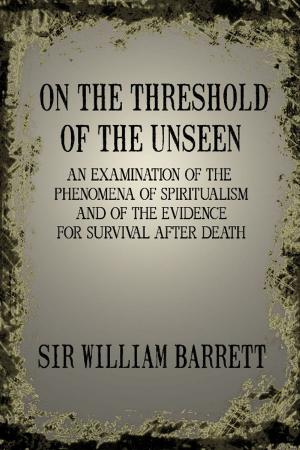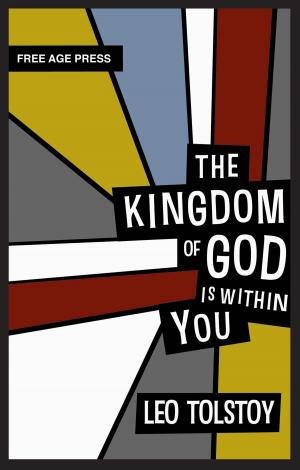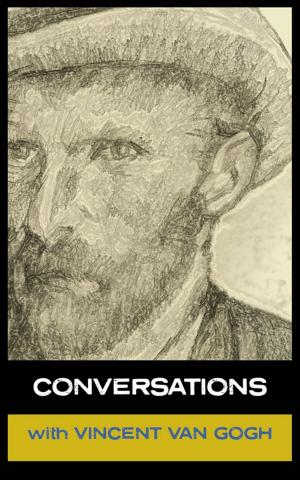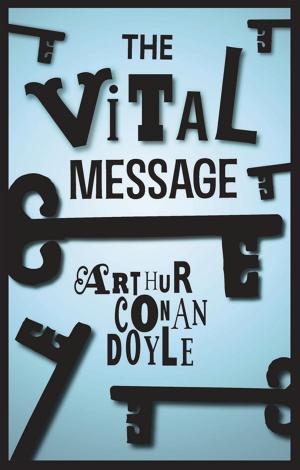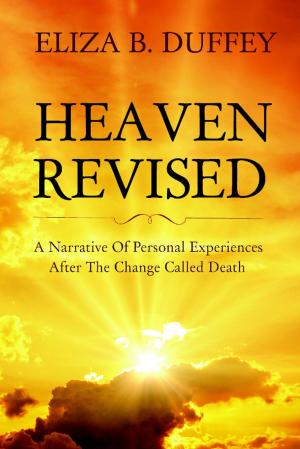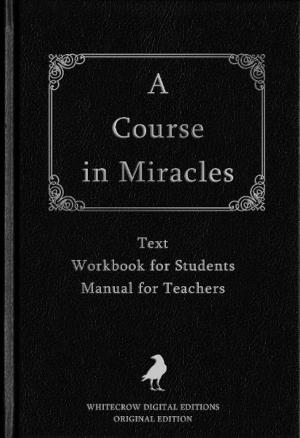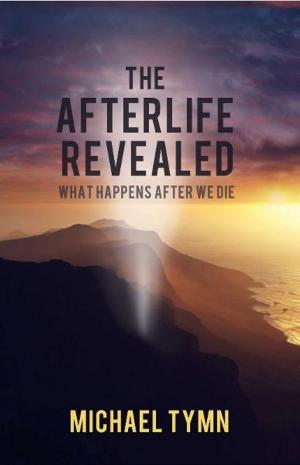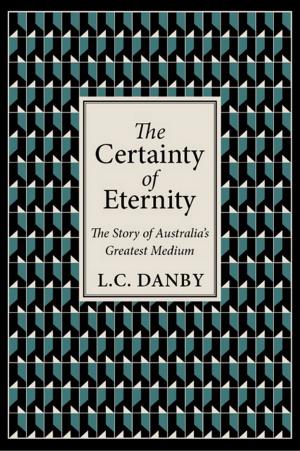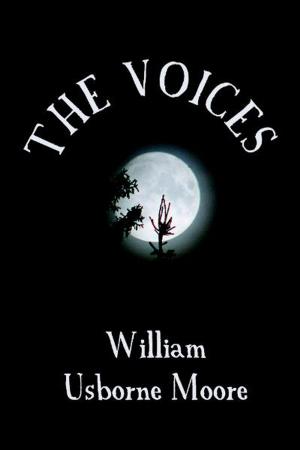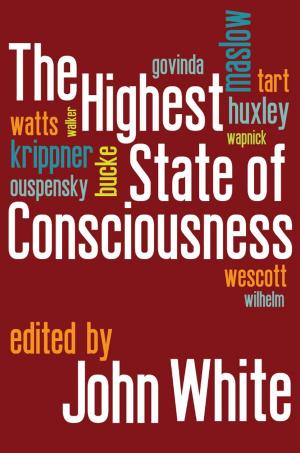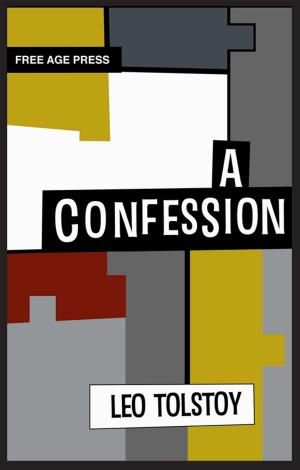| Author: | Peter Fenwick & Elizabeth Fenwick | ISBN: | 9781908733092 |
| Publisher: | White Crow Productions Ltd | Publication: | January 25, 2012 |
| Imprint: | White Crow books | Language: | English |
| Author: | Peter Fenwick & Elizabeth Fenwick |
| ISBN: | 9781908733092 |
| Publisher: | White Crow Productions Ltd |
| Publication: | January 25, 2012 |
| Imprint: | White Crow books |
| Language: | English |
Most of us at the very least wonder about our own immortality and many people are convinced that there is something beyond death, beyond the blackness of the grave. In Western Judaeo-Christian culture we absorb from an early age the idea that virtue now has its own reward - later. We are taught that the universe is essentially moral and that there are absolute human values.But increasingly, science presents us with a picture of a much more mechanical universe in which there is no absolute morality and man has no purpose and no personal responsibility except to his culture and his biology. We no longer live in an age when faith is sufficient; we demand data, and we are driven by data. And it is data - data that apparently throws some light on our current concepts of Heaven and Hell - that the near-death experience seems to offer.The near-death experience (NDE) is intriguing for two major reasons. First, it is very common and secondly, it is cross-cultural. The results of one NOP survey in America suggest that over 1 million Americans have 'seen the light'. Any experience that is so common must have had some influence on the way we think about life and death. Indeed, it could be the very engine that drives our ideas of an afterlife.Many people believe that in the NDE we are given glimpses of Heaven (or Hell). But it is just as reasonable to assume that it is the NDE itself which may have shaped our very ideas about Heaven and Hell.The experiences described in this book are all first-hand accounts from people who wrote to me or to David Lorimer, chairman of the International Association of Near Death Studies (UK), after a television programme, radio broadcast or magazine or newspaper article made them aware of our interest in near-death experiences.We asked 500 of those who wrote to answer a detailed questionnaire about their experiences. Our aim was to gather in a standardised format as much detail as we could about the NDE, the people who have experienced it and the effect that the experience has had on their lives.As well as asking about the near-death experience itself, we tried as far as possible to discover when it occurred, and what state of consciousness the person was in when it began. Many people had their experience during an operation, while they were under anaesthetic. Others were asleep at the time of the catastrophe that induced the NDE. Just over a third were taking some form of drug at the time of their experience. It was common for patients who were having a heart-attack to report that the NDE began while they were awake.Most experiences occurred during illness. The illnesses varied very widely but were usually severe though not always life-threatening. We had two accounts from people whose near-death experiences occurred at the time of an attempted murder when they were unconscious. Two per cent of our sample had NDEs during a suicide attempt.We asked about the effects that the NDE had on the subject. We also wanted to know how many people had read about NDEs before their experience. This was important, since if the subject already knew about the experience before it occurred, then it would be reasonable to suppose that his or her NDE could to some extent be coloured by this. It is from this database that the statistics quoted in this book have been drawn, and the accounts given to me by these people and by others who have written to me since then form the basis of the book. But their accounts provided much more than mere statistics. Each one was special in its own way, and provided a personal testimony which I found both moving and utterly sincere. It is very seldom that an author can so truthfully say that without others a book could not have been written - in this case, without these people there would, indeed, have been no book. I feel privileged to have been allowed to read their accounts, and I am grateful to everyone who, by being willing to share their experience with me, has helped in this search to find the truth in the light.Peter FenwickLondonDecember 1994
Most of us at the very least wonder about our own immortality and many people are convinced that there is something beyond death, beyond the blackness of the grave. In Western Judaeo-Christian culture we absorb from an early age the idea that virtue now has its own reward - later. We are taught that the universe is essentially moral and that there are absolute human values.But increasingly, science presents us with a picture of a much more mechanical universe in which there is no absolute morality and man has no purpose and no personal responsibility except to his culture and his biology. We no longer live in an age when faith is sufficient; we demand data, and we are driven by data. And it is data - data that apparently throws some light on our current concepts of Heaven and Hell - that the near-death experience seems to offer.The near-death experience (NDE) is intriguing for two major reasons. First, it is very common and secondly, it is cross-cultural. The results of one NOP survey in America suggest that over 1 million Americans have 'seen the light'. Any experience that is so common must have had some influence on the way we think about life and death. Indeed, it could be the very engine that drives our ideas of an afterlife.Many people believe that in the NDE we are given glimpses of Heaven (or Hell). But it is just as reasonable to assume that it is the NDE itself which may have shaped our very ideas about Heaven and Hell.The experiences described in this book are all first-hand accounts from people who wrote to me or to David Lorimer, chairman of the International Association of Near Death Studies (UK), after a television programme, radio broadcast or magazine or newspaper article made them aware of our interest in near-death experiences.We asked 500 of those who wrote to answer a detailed questionnaire about their experiences. Our aim was to gather in a standardised format as much detail as we could about the NDE, the people who have experienced it and the effect that the experience has had on their lives.As well as asking about the near-death experience itself, we tried as far as possible to discover when it occurred, and what state of consciousness the person was in when it began. Many people had their experience during an operation, while they were under anaesthetic. Others were asleep at the time of the catastrophe that induced the NDE. Just over a third were taking some form of drug at the time of their experience. It was common for patients who were having a heart-attack to report that the NDE began while they were awake.Most experiences occurred during illness. The illnesses varied very widely but were usually severe though not always life-threatening. We had two accounts from people whose near-death experiences occurred at the time of an attempted murder when they were unconscious. Two per cent of our sample had NDEs during a suicide attempt.We asked about the effects that the NDE had on the subject. We also wanted to know how many people had read about NDEs before their experience. This was important, since if the subject already knew about the experience before it occurred, then it would be reasonable to suppose that his or her NDE could to some extent be coloured by this. It is from this database that the statistics quoted in this book have been drawn, and the accounts given to me by these people and by others who have written to me since then form the basis of the book. But their accounts provided much more than mere statistics. Each one was special in its own way, and provided a personal testimony which I found both moving and utterly sincere. It is very seldom that an author can so truthfully say that without others a book could not have been written - in this case, without these people there would, indeed, have been no book. I feel privileged to have been allowed to read their accounts, and I am grateful to everyone who, by being willing to share their experience with me, has helped in this search to find the truth in the light.Peter FenwickLondonDecember 1994
